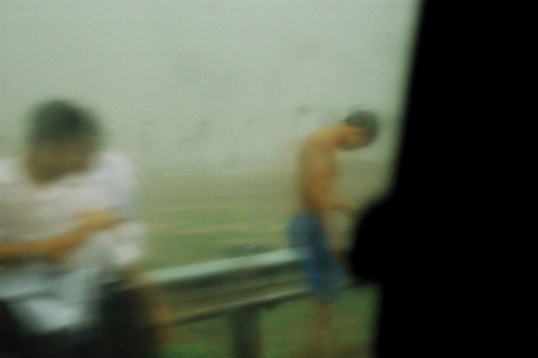This is the main blog for Southeast Asian Literature. There is also a blog for older material: southeastasianlit-archive.blogspot.com
Tuesday, 22 January 2013
A Deluge of New Vietnamese Poetry — Hai-Dang Phan | Book Review | Asymptote
‟You won't find many of the poets collected in this anthology in bookstores in Vietnam, but this should hardly come as a surprise for anyone familiar with the nature of writing and publishing in Vietnam—where independent presses and journals are nonexistent, public poetry readings are broken up, Vietnamese literature written overseas unacknowledged or derided, and where you can write whatever you want so long as you avoid politics.
On a recent trip back to Vietnam, I combed through the Poetry and Literature sections of all of the bookstores I visited in Ho Chi Minh City and Da Nang, making mental notes of who and what was on the shelves. In every bookstore, big or small, new or used, you can find slim, pocket-size editions of selected poems by popular poets such as: Tan Da, The Lu, Han Mac Tu, Xuan Dieu, Nguyen Binh, Xuan Quynh, Te Hanh, Luu Trong Lu, Ho Dzenh, Vu Hoang Chuong. Also readily available were shiny, attractively repackaged editions of a number of revolutionary poets such as To Huu, Xuan Dieu, and Che Lan Vien, each buttressed by literary biographies and criticism. For the few high school and college students studying literature, there were affordable, critical editions of modern Vietnamese poets and poetry.
More interestingly, I found reprint editions of Vietnamese Poets, 1932-1941, Hoai Thanh's groundbreaking anthology of influential poets of the 1930s. Published in 1942, with critical introductions and annotations by Hoai Thanh, the anthology showcases a number of poets associated with the Tho Moi or 'New Poetry' movement, including Xuan Dieu, Luu Trong Lu, Huy Can, The Lu, and Che Lan Vien. These and other poets at the time began departing from the poetic forms and traditions inherited from China. Influenced by the French Romanticists and Symbolists taught in colonial schools and available in translation, and spurred by the Romanized, national script of quoc ngu coming into widespread use, they set out to adapt Western ideas for the modernization of Vietnamese literature, culture, and society. No longer bound strictly to the values of Confucian society, this New Poetry turned inward to express, in lyrics of gentle rhythms and memorable lines, individual experiences of love, suffering, and loss. Popular and readable, this was the kind of poetry young Vietnamese would commit to memory, copy down into private notebooks, or set to music. By the August Revolution of 1945, however, many poets formerly associated with the New Poetry movement, Xuan Dieu and Che Lan Vien most notably among them, rejected their so-called reactionary, decadent, and bourgeois poetic selves, and embraced the cause of revolutionary struggle by taking up the new standard of socialist realism.”
Subscribe to:
Post Comments (Atom)

No comments:
Post a Comment